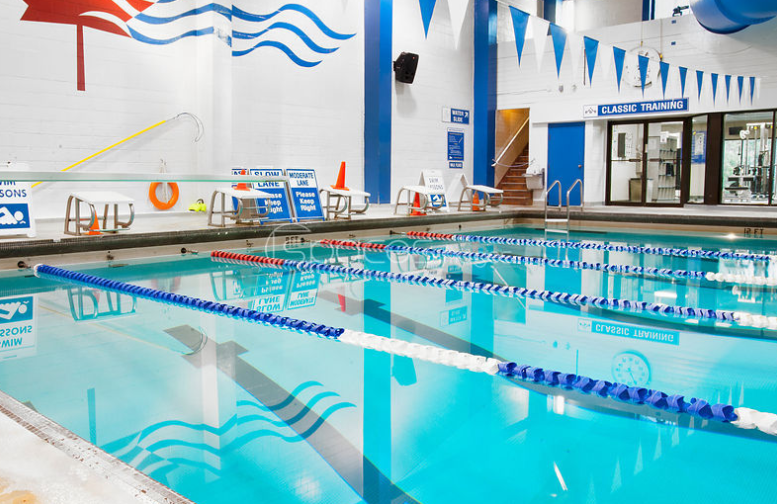How suitable is solar for indoor swimming pools and ice hockey rinks?
A research centre in Finland has examined how solar technologies can reduce energy consumption in indoor swimming pools and practice indoor ice rinks, which are among the most energy intensive sport halls.

A research centre in Finland has examined how solar technologies can reduce energy consumption in indoor swimming pools and practice indoor ice rinks, which are among the most energy intensive sport halls.
These two sports halls usually require immense amounts of energy to cover their needs- ice rinks need refrigerating machines especially during summer, and swimming halls need critical heating during winter time.
VTT Technical Research Centre of Finland concluded that 30 percent of the energy for such sites can be supplied by solar installations at a reasonable cost- a figure which can increase with the use of storage technologies.
At their highest, indoor swimming pools could source 35 percent of their energy needs from solar and this figure could rise to 50 percent for indoor rinks.
Factors affecting the efficiency of solar installations for such venues do not differ from conventional solar power projects for buildings. The type of technology used, location and orientation of the building, weather conditions, and tree stands are some of the factors evaluated.
Currently, the EU directive requires all new buildings to be nearly zero-energy (NZEB) by 2020, as buildings account for more than 40 percent of the EU’s overall energy consumption.
The research was conducted to serve as a tool for planning for new sports halls and to examine the plausibility of net zero energy consumption for such constructions. The results will be made available to building designers and the construction industry.
Researchers suggested that it will be very challenging for these types of buildings to achieve nearly zero energy levels without incorporating large storage installations, which at current costs for buildings would increase expenses significantly.
However, given the immense energy requirements of such sports halls, solar energy can provide important energy savings and greatly reduce their carbon intensity.
